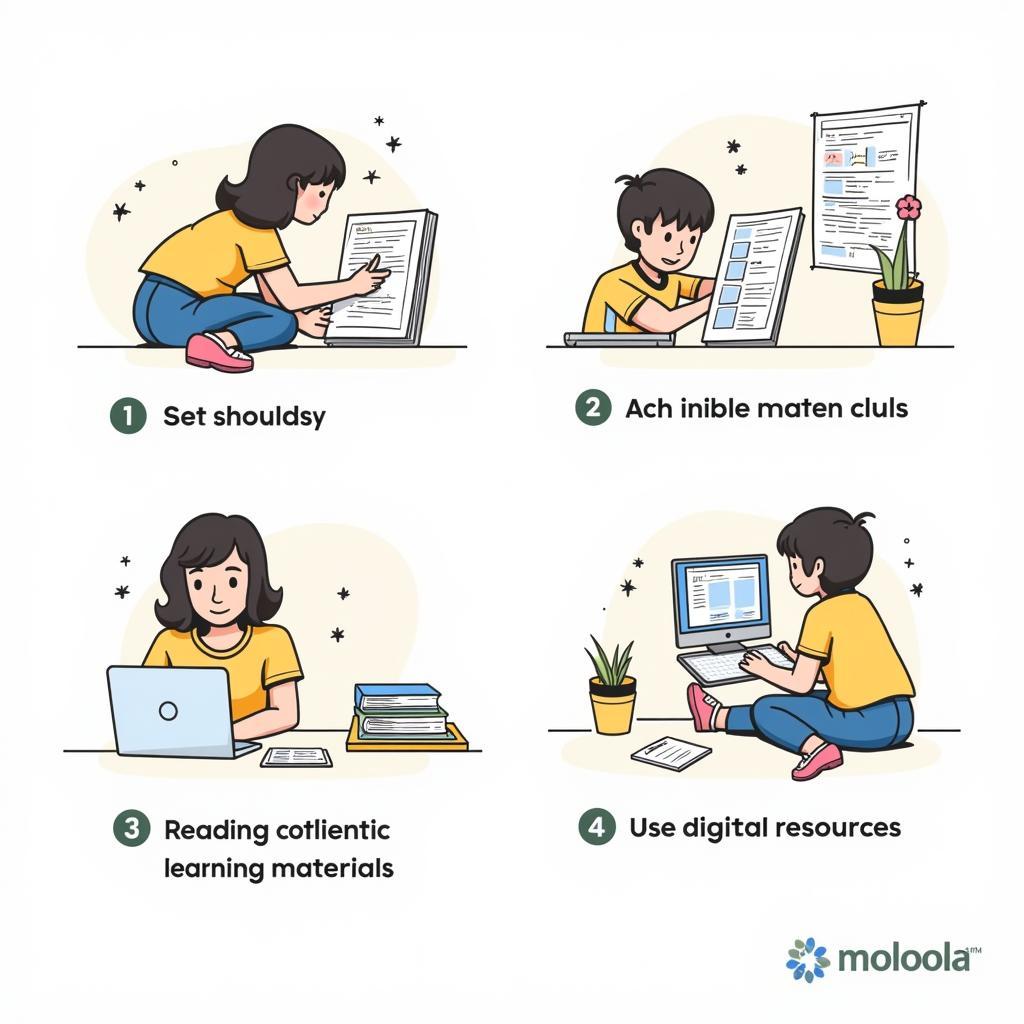Mastering collocations is essential for achieving fluency and securing a high band score in IELTS. These natural word combinations not only enhance your vocabulary but also demonstrate sophisticated language use to examiners. Whether you’re preparing for IELTS Speaking or Writing, understanding how to use collocations naturally can significantly improve your performance.
Understanding Collocations in Context
Collocations are words that naturally occur together in English. Unlike random word combinations, collocations sound natural to native speakers and are crucial for how to improve grammar naturally. For instance, we say “heavy rain” rather than “strong rain,” or “make a decision” instead of “do a decision.”
Types of Collocations
- Verb + Noun
- Make a mistake
- Take responsibility
- Pay attention
- Adjective + Noun
- Strong coffee
- Heavy traffic
- Valuable experience
- Adverb + Adjective
- Highly successful
- Completely different
- Utterly disappointed
Strategies for Learning Collocations
Learning collocations requires a systematic approach, similar to how to avoid overuse of basic vocabulary. Here are effective strategies to master them:
- Read extensively in English
- Notice patterns in native materials
- Keep a collocation diary
- Practice in context
- Use collocation dictionaries
 Effective Collocation Learning Strategies in Practice
Effective Collocation Learning Strategies in Practice
Implementing Collocations in IELTS Speaking
To how to develop fluency for IELTS speaking without pauses, incorporate collocations naturally into your responses. Start with common combinations and gradually introduce more sophisticated ones.
Tips for Natural Usage
- Start with high-frequency collocations
- Practice in full sentences
- Use them in daily conversations
- Record yourself speaking
- Get feedback from native speakers
“The key to natural collocation use is regular exposure and practice in realistic contexts,” says Dr. Sarah Thompson, IELTS Speaking Examiner with 15 years of experience.
Advanced Collocation Techniques
Moving beyond basic combinations, How to use collocations in IELTS Speaking? involves mastering more complex patterns. Consider using expressions that combine multiple collocations:
- “Make a significant contribution to”
- “Take full advantage of the opportunity”
- “Pay careful attention to detail”
These sophisticated combinations can help you express ideas more precisely while maintaining natural flow.
Common Mistakes to Avoid
- Forcing collocations into speech
- Using outdated or formal combinations inappropriately
- Mixing up similar collocations
- Overusing the same combinations
- Ignoring context appropriateness
Practical Exercises for Improvement
- Daily Collocation Journal
- Write three new collocations daily
- Use each in two different contexts
- Review weekly
- Media Analysis
- Note collocations while watching news
- Listen to podcasts focused on your field
- Read quality newspapers and magazines
- Speaking Practice
- Record 2-minute responses using target collocations
- Practice with language exchange partners
- Join speaking clubs
Advanced Applications
Understanding how to use By means of and other advanced expressions can elevate your language proficiency. Combine these with appropriate collocations to create sophisticated responses.
FAQ About Using Collocations
Q: How many collocations should I learn for IELTS?
A: Focus on learning 3-5 new collocations daily, ensuring you can use them naturally in context.
Q: How can I remember collocations effectively?
A: Use spaced repetition, context-based learning, and regular practice in real conversations.
Q: Should I use advanced collocations in IELTS Speaking Part 1?
A: Use a mix of both simple and advanced collocations, keeping responses natural and appropriate to the question.
Remember, the goal isn’t just to memorize collocations but to use them naturally and appropriately in your IELTS responses. Regular practice and exposure to authentic English will help you develop this skill effectively.


